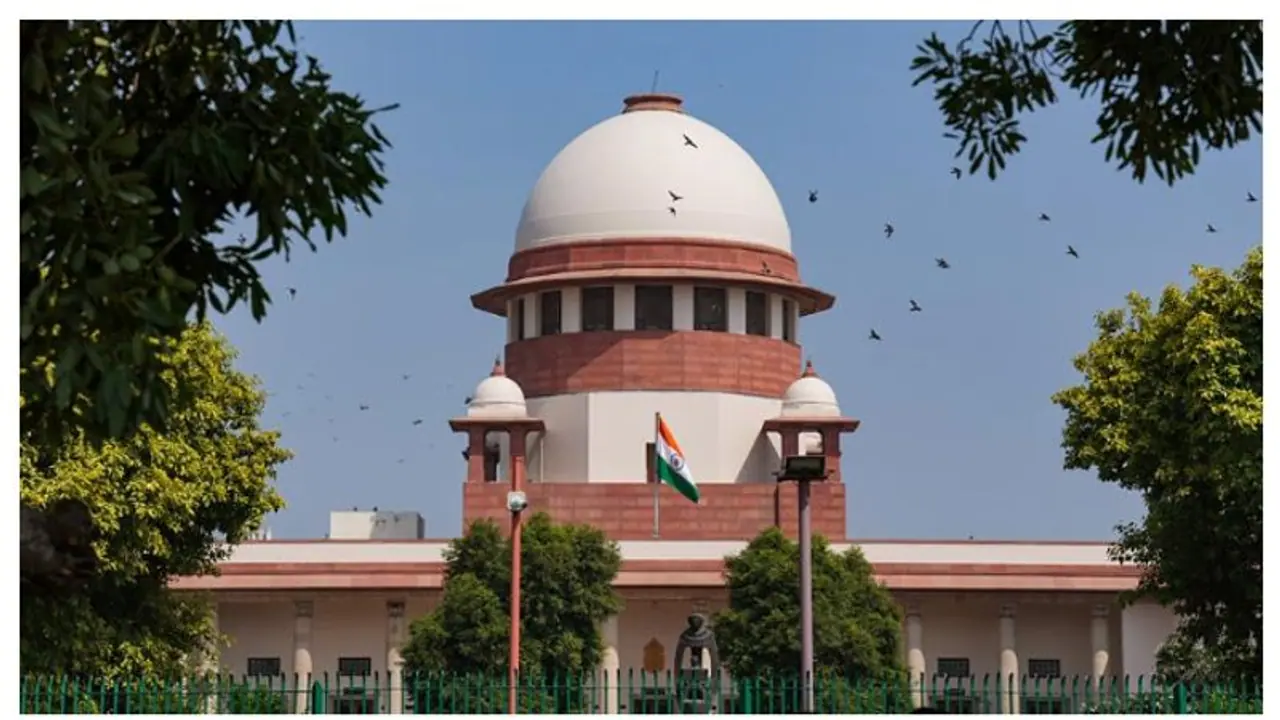The Supreme Court of India has taken a serious view of the delay in the Tamil Nadu Governor's assent to bills passed by the state assembly. This observation comes after a recent Supreme Court ruling that Governors cannot keep a bill pending without taking any action indefinitely
In a significant development, the Supreme Court of India has taken a serious stance on the prolonged delay in the Tamil Nadu Governor's assent to bills approved by the state assembly. The bench, led by Chief Justice of India D Y Chandrachud, indicated that it would delve into the question of whether the Governor possesses an independent power to withhold assent.

This observation came during the hearing of a plea filed by the Tamil Nadu Government, challenging the inaction of Governor RN Ravi in providing assent to several bills passed by the legislature.
Chief Justice Chandrachud emphasized the three available options for the Governor -- grant assent, withhold assent, or reserve the bill for the President. Notably, he underscored that once the Governor decides to withhold assent, there is no room for stalling the bill indefinitely.
The Chief Justice observed the need for the Governor to follow one of the prescribed constitutional options and emphasized that the power vested in the President is much wider.
This development comes in the wake of a recent Supreme Court ruling asserting that Governors lack the authority to keep a bill pending indefinitely without taking any action.
Article 200 of the constitution outlines the powers of Governors to either grant assent, withhold assent, or reserve bills for the President's consideration upon receiving them from the state government, the Apex Court said, stressing that the constitutional imperative of prompt communication if the Governor decides to withhold assent, promoting the reconsideration of the bill.
Failure to adhere to these constitutional processes and keeping a duly passed bill pending for undetermined periods would run counter to the principles of a constitutional democracy based on a parliamentary pattern of governance, as highlighted by the Supreme Court's judgment. The court's stance underscored the importance of timely execution of gubernatorial duties and adherence to constitutional processes within the legislative framework.
